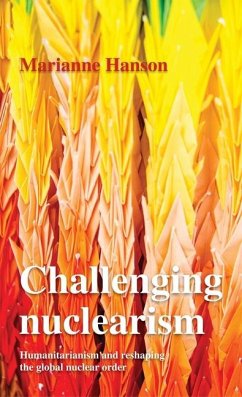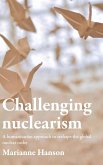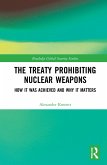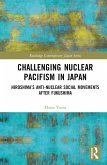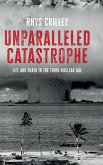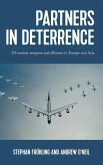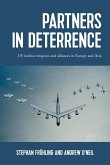An analysis of how nuclear weapons states have been able to 'normalise' nuclear weapons by practising elements of â nuclearismâ . These practices have all been affected by the creation of the Treaty on the Prohibition of Nuclear Weapons, which represents a major challenge to these states and their domination of the global nuclear order. -- .
Hinweis: Dieser Artikel kann nur an eine deutsche Lieferadresse ausgeliefert werden.
Hinweis: Dieser Artikel kann nur an eine deutsche Lieferadresse ausgeliefert werden.

